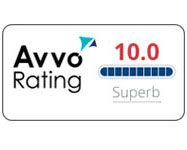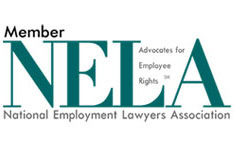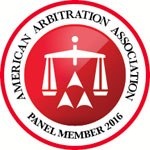Most long term disability insurance policies have a two-tiered definition of disability. During the initial period, typically two years, the policy defines “disability” as an inability to perform the material and substantial duties of the insured’s regular occupation because of a medical condition. While the language varies somewhat from plan to plan, a definition requiring an inability to perform duties of the claimant’s regular occupation triggers the need for a vocational analysis as well as a medical analysis. The insurer must assess the claimant’s ability to perform the claimant’s regular occupational requirements in light of the diagnosis. The decision should explain how medical symptoms impact responsibilities to perform the actual occupational requirements on a regular basis.
Eligibility for disability benefits depends upon the precise language of the policy or plan. Plans may contain a detailed description of the scope of the occupation. For example, a plan insuring a physician may define the regular occupation as a particular recognized specialty, rather than the more general occupation of “physician”. Eligibility criteria frequently require a prescribed loss of pre-disability earnings due to sickness or injury.
In the claim and plan appeal process, the claimant should submit evidence of the physical and mental functions required to successfully work in the claimant’s regular occupation as well as evidence of any loss of earnings. O*Net online, www.onetcenter.org, is a valuable database of the knowledge, skills and abilities required to engage in listed occupations.
The particular provisions of the entire insurance policy or plan must be applied to each particular claim. The entitlement to benefits ultimately requires medical and vocational evidence demonstrating that the claimant fulfills all the eligibility factors in the policy providing coverage.









